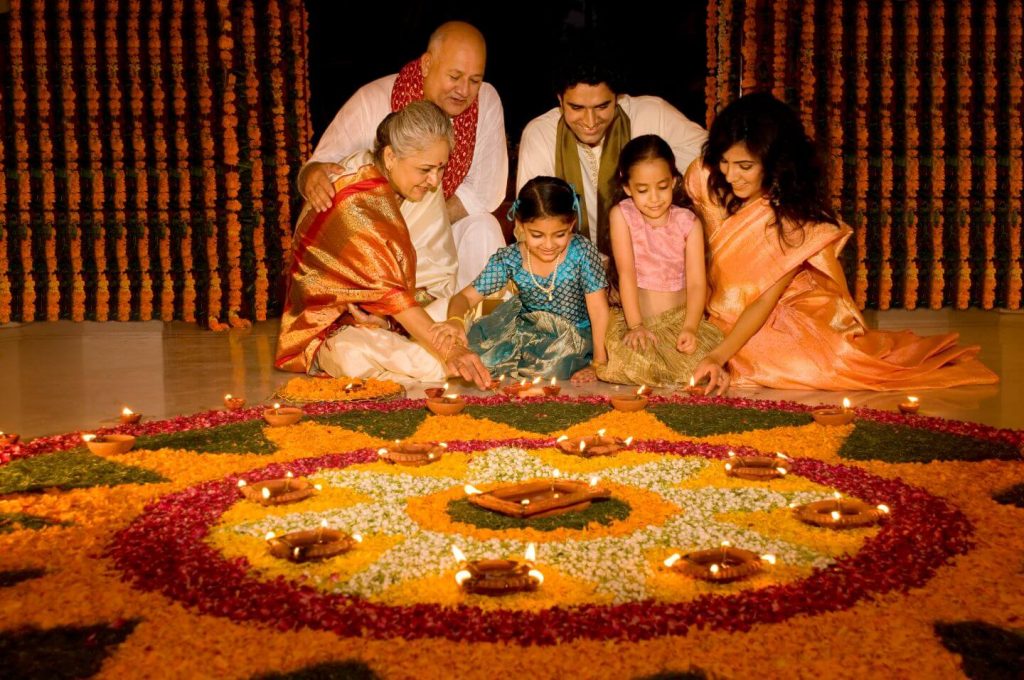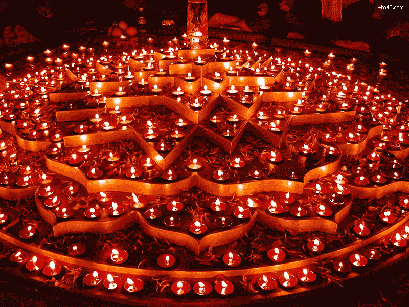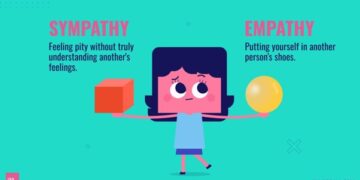
Covid crisis has dampened the spirit of mankind. Many families have lost their near and dear ones. People are fed up with lockdowns. Time and again, individuals and communities have proved that the worst situations tend to bring out the best in people and the organizations to which they belong. In every moment of darkness, it seems, there are countless moments of light in form of small gestures of compassion and connection that allow people to show who they are, how they want to live, and what matters to them.
Covid 19 is playing hide and seek with nations. Russia is once again grappling with a surge in coronavirus cases. The rate of new daily infections is currently three times higher than what the country was seeing a year ago, despite vaccines now being widely available in the country. USA also is once again witnessing surge in the numbers of cases. Millions of people have lost their jobs. At its basic level, vulnerability is defined as an exposure to a marked decrease in standard of living. It is of special concern when it is prolonged, and when standards of living has fallen below critical thresholds, to a point of deprivation.
While the world is struggling to beat the drabness and dampness, Diwali and Christmas festivities are in air. As a society, we are dependent on social heritage, which is a mixture of customs, traditions, moral values, attitudes, festivals, folklore, beliefs and ideals not only makes us who we are but binds us to pass it on from one generation to another.
Festivals have both social and economic perspectives. Though Covid has made our planet chaotic and stressful, happiness is overshadowed by negativity and insecurity, the society needs something that can bring positivity. Festivals give us the opportunity to forget all our worries and celebrate the positive side of life, even if it is for a few days.
In the aftermath of the spread of covid-19, consumers have been cutting down on their spending. In its recently released annual report, the RBI pointed out that the shock to consumption is severe, and it will take quite some time to mend and regain the pre-covid-19 momentum. Other than people losing jobs, there have been salary cuts as well as reduced or zero increments. Job offers have been reduced by numbers. The psychology of a recession has set in. Even those individuals who have jobs have seen others get laid off and want to save more for a rainy day. Businesses have also lost their appetite to expand and invest.
Most people are trying to retain some sense of festive spirit during this time of the year. Due to Covid and its after effects, Diwali is not the same. Feeling of sombreness is still persisting deep down. People are making plans to play cards online and even burst crackers online.
Many cities have banned use of firecrackers owing to the increasing levels of air pollution, because the doctors fear that the combined effect of COVID and air pollution can spell havoc for the public. Many people have decided to keep it low key, worried about their elderly parents or young children. While in the given conditions, this may not be all wrong, there are ways we can still celebrate the festival of lights and wish for prosperity and happiness all around the world.

Majority of people want to spend quality time with family and prepare Diwali feasts at home and decorate the house with lights and diyas. People are looking forward to dress up for the occasion and click lots of pictures to share with loved ones. Festivals act like stress relievers and help us balance our emotions. More positivity naturally lowers negativity. It also provides an opportunity to reduce friction and brings estranged friends and relatives together in a bond of love. Nothing brings people together like festivals do.
Wearing the finest of clothes, hopping from one Diwali party to another, personally delivering Diwali greetings to relatives and friends, getting stuck for hours in traffic with the car full of gifts and goodies has been a common Diwali feeling for the past many years. But this year will be different.
Parties haven’t died down completely, but their grandness has reduced to some extent. Many event planners shared that while some people are still hosting parties, the guest list has been trimmed considerably. People are inviting selected few for Diwali parties and are mostly sending Diwali greetings through courier.
Diwali symbolises the triumph of good over evil and light over darkness, Diwali usually falls in the early autumn, coinciding with the new moon, deemed the darkest night of the Hindu lunar calendar. This is why dates change every year.
Wish you all a Happy and Prosperous Diwali!!!











































